
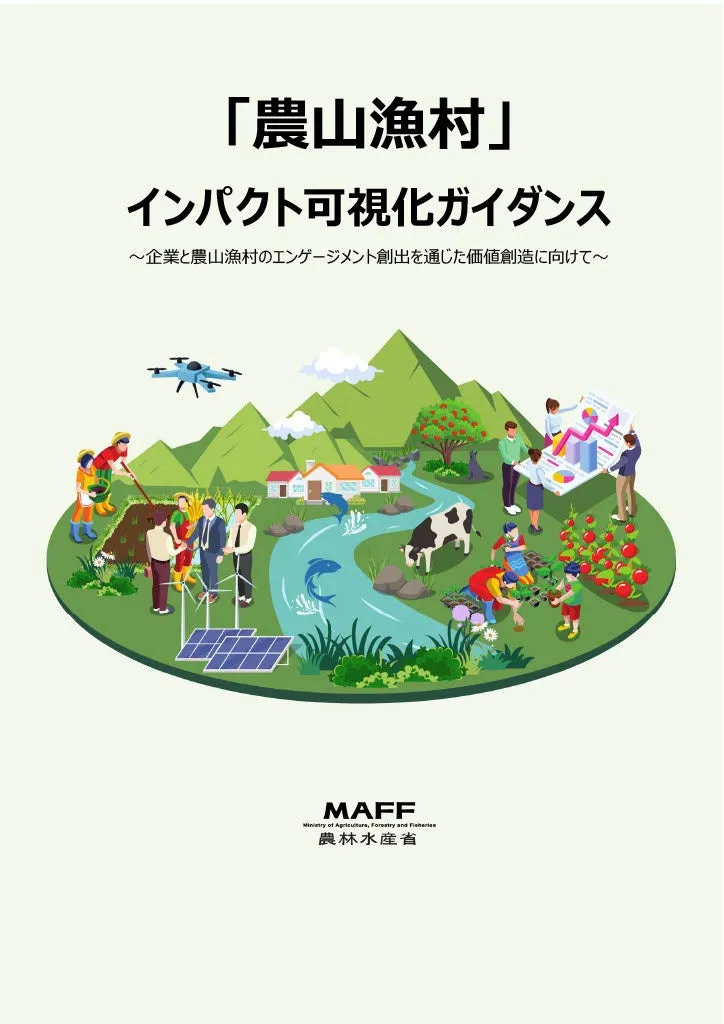
Ridilover and MAFF Launch Impact Visualization Guidance for Farming, Mountain and Fishing Villages
Overview of the Impact Visualization Guidance
In a significant move aimed at promoting sustainability and community engagement, Ridilover Inc. has partnered with the Ministry of Agriculture, Forestry and Fisheries (MAFF) of Japan to develop the Impact Visualization Guidance for Agriculture, Mountain, and Fishing Villages. This essential document has been created with the goal of outlining how businesses can positively interact with rural areas, contributing to climate change mitigation, disaster risk reduction, and the sustainability of local communities.
Importance of Rural Areas
Farming, mountain, and fishing villages play a vital role in our society, providing essential resources and environmental benefits. However, these areas are often overlooked in discussions around corporate social responsibility. Ridilover’s guidance highlights the multi-faceted value these regions offer not only to urban businesses and residents but to society as a whole. Preserving the unique characteristics and strengths of rural areas is thus crucial, especially considering the risks associated with their decline, which can affect urban communities as well.
Addressing Challenges through Corporate Engagement
Japan has experienced ongoing challenges in agriculture and rural communities, which have not received adequate public and private investment. This lack of funding and attention often leaves social issues in these areas unresolved. With the recent rise in significance of SDGs (Sustainable Development Goals), ESG (Environmental, Social, and Governance), and impact investing, Ridilover aims to encourage urban companies to contribute their resources, both financial and human, to support rural areas. The guidance serves as a roadmap for how businesses can engage effectively and responsibly with these communities.
Content of the Guidance
The Impact Visualization Guidance comprises two main chapters:
- - Chapter 1 focuses on the concept of impact in agriculture, mountains, and fishing villages, addressing current situations, societal implications of rural decline, and the critical need for corporate investment in these areas. It also delves into the risks and opportunities for businesses interacting with rural settings.
- - Chapter 2 discusses various means of creating impact through corporate contributions, covering financial support methods, human resource deployment, impact measurement and management, and communication strategies among stakeholders.
One of the key elements of the guidance is the development of a logical model that connects corporate contributions to tangible benefits for the rural communities. Each aspect is illustrated with real-life examples to provide clarity to businesses looking to engage meaningfully.
Purpose Behind the Initiative
Ridilover, under the leadership of CEO Toshiki Abe, has long been dedicated to tackling social issues, emphasizing the importance of cultivating human resources, designing economic incentives, and establishing financial ecosystems. The company believes that addressing social challenges requires not only the involvement of practitioners but also transforming business practices to stimulate economic activities in rural communities.
By collaborating with MAFF, Ridilover is striving to bridge the gap between urban corporations and rural landscapes, fostering a stronger connection that benefits both parties. The program envisions a future where various stakeholders—be it businesses, financial institutions, or local governments—come together to support the vitality and sustainability of rural communities.
A Call to Action
The guidance is made available on MAFF's official website here, aiming to inspire companies across Japan to take their first steps toward involvement in rural areas. Through this initiative, Ridilover hopes to ignite a movement that ensures the preservation of agriculture and farming villages while also demonstrating the widespread societal value they generate.
About Ridilover
Founded in 2009, Ridilover operates under the mission of breaking societal indifference to pressing social issues. The company has engaged in numerous projects addressing over 400 different social challenges through various initiatives in educational travel, corporate training, media and community engagement, and policy development. To learn more about Ridilover's mission and projects, visit their website at Ridilover.
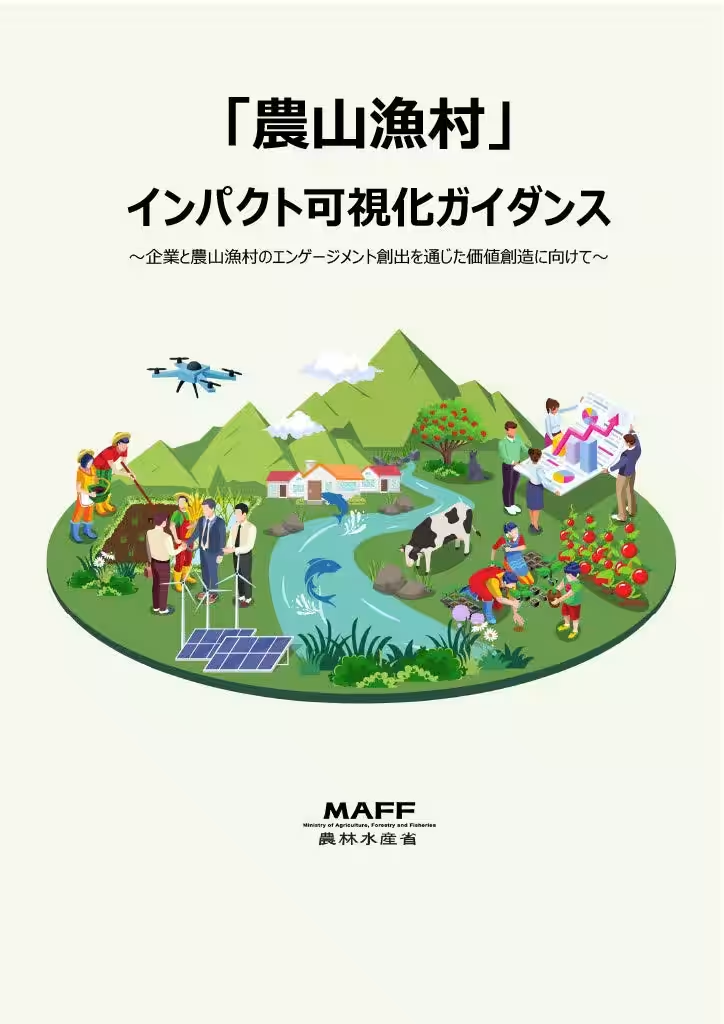
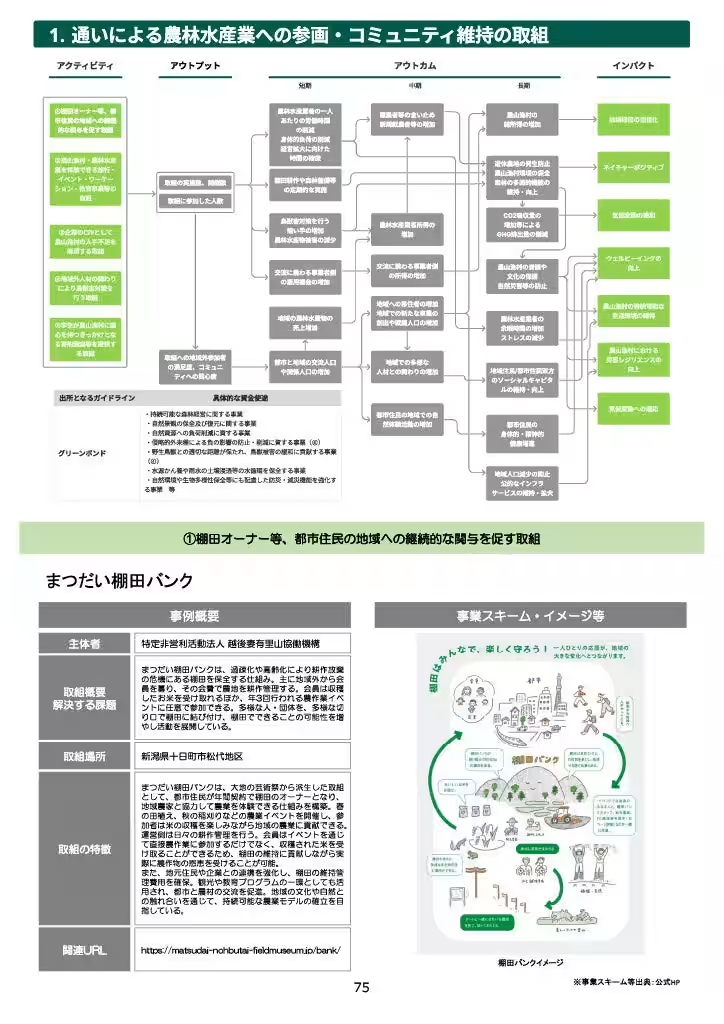
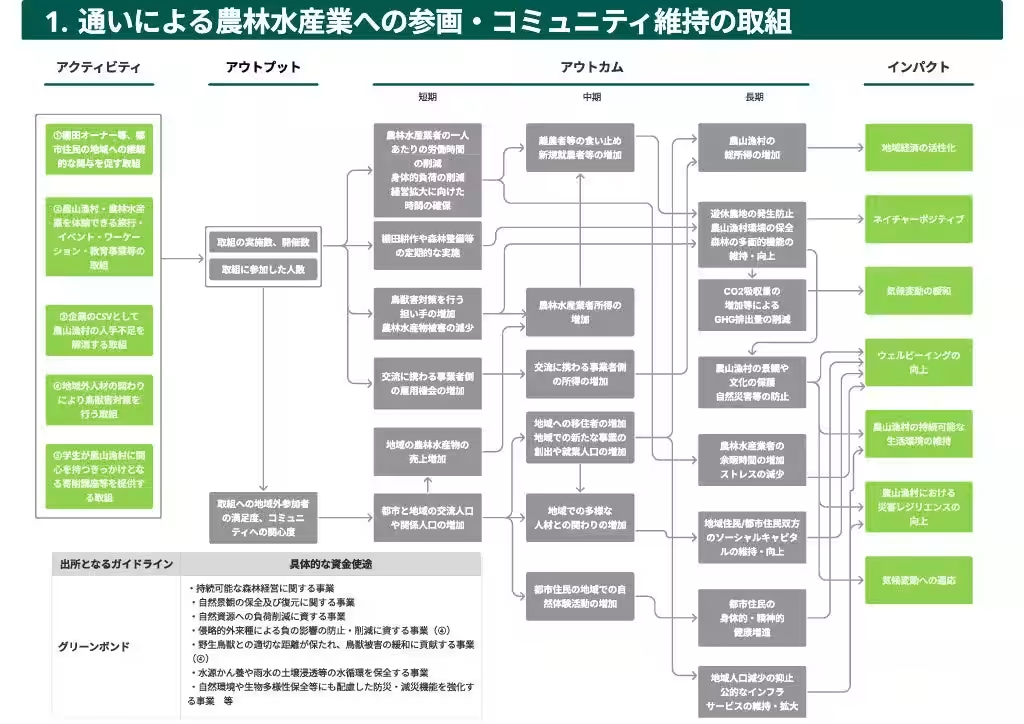
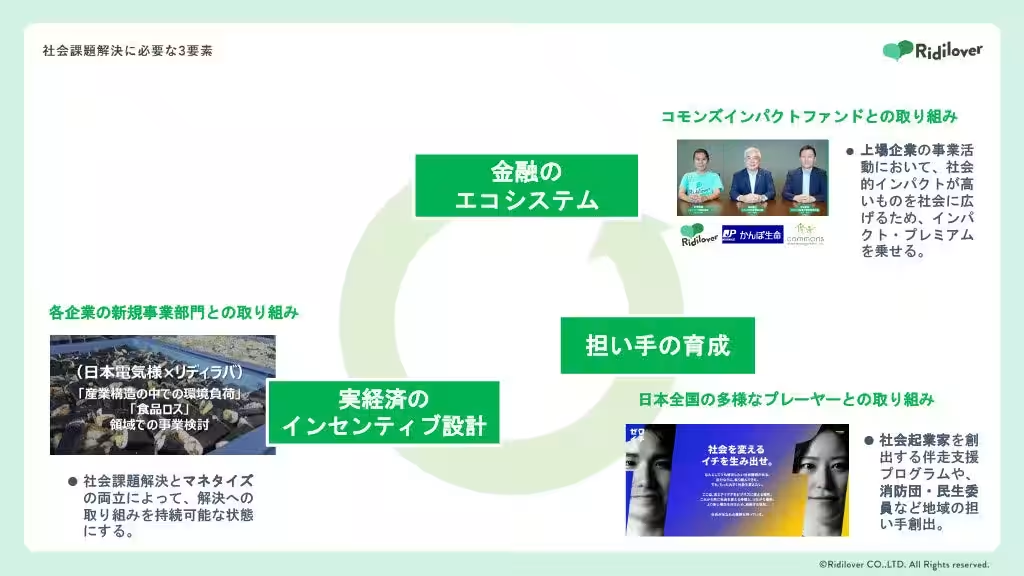
Topics Policy & Public Interest)










【About Using Articles】
You can freely use the title and article content by linking to the page where the article is posted.
※ Images cannot be used.
【About Links】
Links are free to use.